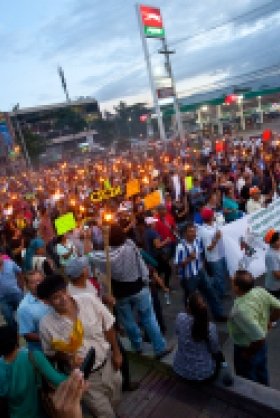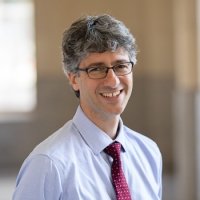When Corruption Funds the Political System: A Case Study of Honduras


The Latin American Program is pleased to share a new bulletin on political corruption: “When Corruption Funds the Political System: A Case Study of Honduras,” by Wilson Center Fellow Daniel Sabet. In this report, Sabet explores four most salient types of corruption in Honduras: embezzlement of social development funds, procurement corruption, organized crime corruption, and patronage abuses in the bureaucracy. While each is distinct, in all four cases, corrupt proceeds help fund political campaigns, making corruption a core input to the political system. Sabet explores several potential sources of accountability to prevent and respond to these challenges, including the country’s supreme audit institution and the Organization of American States’ Mission to Support the Fight Against Corruption in Honduras (MACCIH). The paper documents how these mechanisms for accountability are either intentionally ineffective or have been systematically undermined. Sabet finds that despite an active civil society, the fight against corruption in Honduras is at a low point.
Author


Latin America Program
The Wilson Center’s prestigious Latin America Program provides non-partisan expertise to a broad community of decision makers in the United States and Latin America on critical policy issues facing the Hemisphere. The Program provides insightful and actionable research for policymakers, private sector leaders, journalists, and public intellectuals in the United States and Latin America. To bridge the gap between scholarship and policy action, it fosters new inquiry, sponsors high-level public and private meetings among multiple stakeholders, and explores policy options to improve outcomes for citizens throughout the Americas. Drawing on the Wilson Center’s strength as the nation’s key non-partisan policy forum, the Program serves as a trusted source of analysis and a vital point of contact between the worlds of scholarship and action. Read more

Explore More
Browse Insights & Analysis
Greenland’s New Governing Coalition Signals Consensus

Myanmar’s Junta and the 2026 Elections: A Fig Leaf for Legitimacy?

